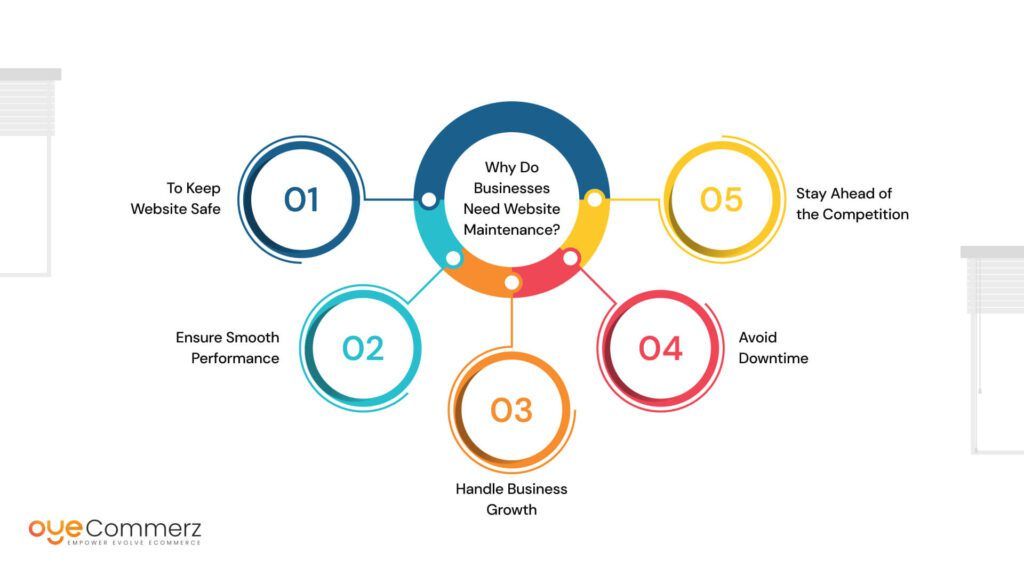In the ever-evolving world of online retail, selecting the right platform is vital for your brand’s growth. If you’re at the moment using WordPress and thinking about a migration to Shopify, you’re not by yourself. Numerous businesses are shifting to utilize Shopify’s comprehensive features, simplicity, and expandability. This guide will take you through the steps of migrating from WP to Shopify effortlessly, ensuring that you realize your eCommerce potential.
Why Transition from WordPress to Shopify?
Prior to starting the migration procedure, it’s essential to know why this transition can be advantageous for your online store:
Intuitive Design: Shopify offers an intuitive system that streamlines store handling, enabling for non-technical users.
Flexibility: As your company grows, Shopify can accommodate greater visitors and transactions without sacrificing speed.
All-in-One Solutions: Shopify includes built-in features for SEO, analytics, payment management, and more, reducing the necessity for numerous plugins.
Robust Protection: With Shopify, you utilize advanced security protocols that safeguard confidential customer details.
Steps for a Seamless Migration
Migrating your eCommerce site from WordPress to Shopify requires key actions.
Here’s steps to achieve a smooth transition:
Prepare Your Migration Strategy
Kick-off by drafting your migration strategy. Decide on which elements of your present site you plan to transfer, such as:
Inventory information
Client data
Order history
Articles
Select the Appropriate Migration Option
Depending on your requirements, opt for a migration service that suits your eCommerce goals. OyeCommerz delivers various plans:
Entry-Level Plan: Perfect for boutique stores with minimal products.
Mid-Tier Plan: Recommended for growing businesses with intermediate requirements.
Premium Migration Package: Excellent for big stores needing broad customization.
Save Your Data
Ahead of starting the migration, guarantee that you have a complete backup of your WP site. This task is essential in situations where anything goes wrong during the migration.
Extract Your Data from WordPress
Utilize extensions WordPress vs Shopify features or custom scripts to export key information from your WP site:
Inventory
Users
Transactions
Content pieces
Import Data into Shopify
After you have your information extracted, use Shopify’s import tools or third-party apps to upload your content into your Shopify store. Ensure that all information is accurately organized and arranged.
Adapt Your Shopify Platform
Following importing content, customize your Shopify site’s theme to align with your business goals. Look into working with a developer if you require complex customization.
Establish Payment Gateways and Logistics
Set up billing solutions and delivery choices in Shopify to create a user-friendly checkout experience for customers.
Implement SEO Standards
To keep your online visibility during the migration:
Implement 301 URL mappings from previous URLs to updated ones.
Refresh descriptions.
Enhance media and text for search engines.
Evaluate Your Updated Shop
Prior to publishing, extensively check your Shopify platform. Look out for any errors, Shopify product import tools checkout failures, or incomplete files.
Go Live Your Site
Once everything is in ready, it’s the moment to launch! Announce the transition to your users and invite them to explore the new features of your Shopify store.
Post-Migration Guidance
Post launching your updated store, ongoing help is important. Think about working with service providers who can guide with:
Technical support
Customer engagement
Enhancing features
Conclusion
Migrating from WordPress to Shopify can be a transformative move for your online retail. By following this guide and working with experts like those offered by dedicated providers, you can guarantee a seamless transition that improves your business potential. Accept the change and realize the advantages of Shopify today!
